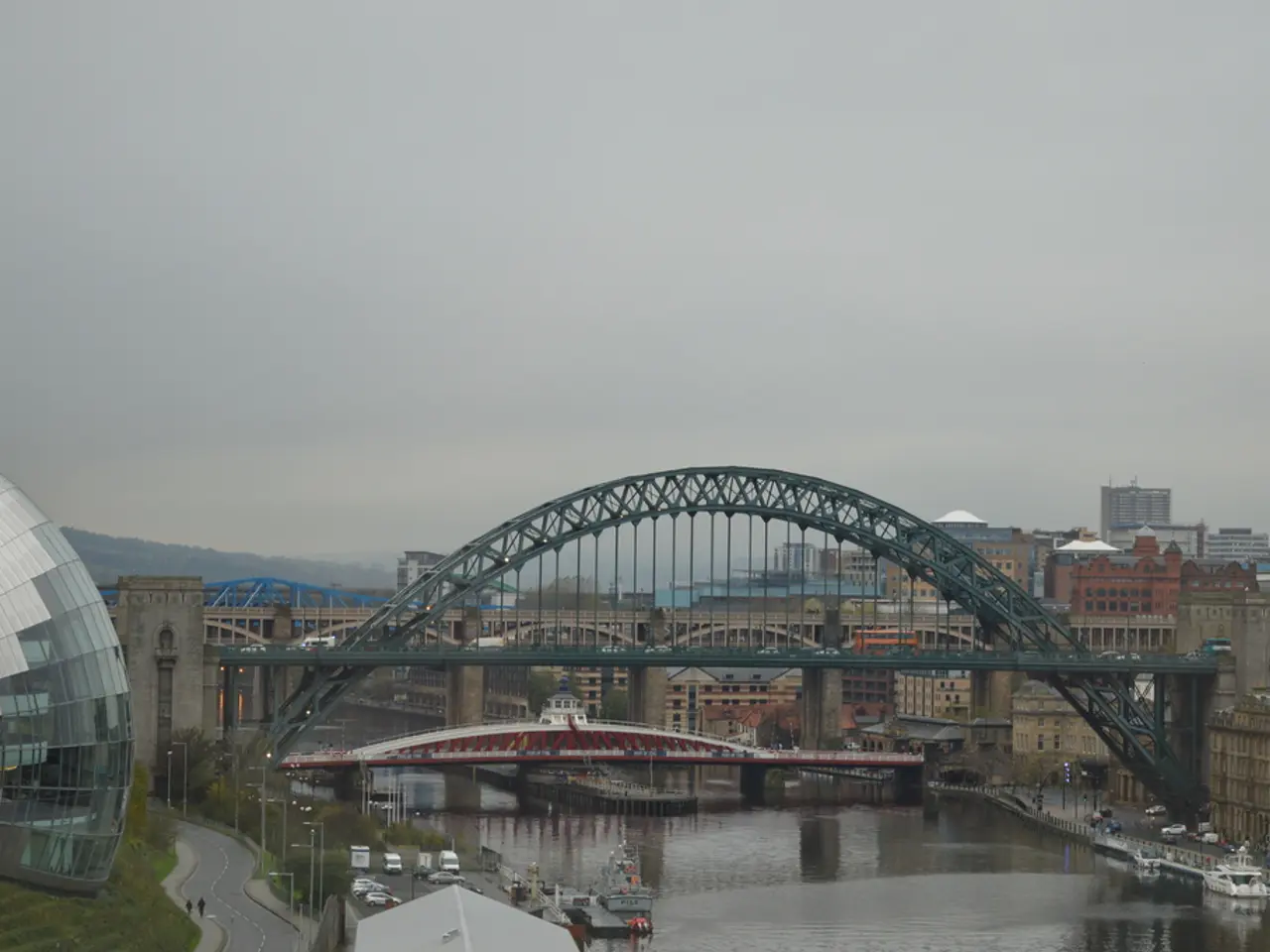Germany's Greens Push for Mandatory Greywater Use in Buildings
Germany's ecological party, Bündnis 90/Die Grünen, is pushing for a mandatory use of greywater in new buildings and renovations to combat water shortages and reduce the construction industry's environmental impact. This follows the ÖDP's similar demand for clear legal guidelines on greywater usage.
Greywater, originating from showers, sinks, and washing machines, can be reused for flushing toilets, watering plants, or cleaning, cutting down on fresh water usage. This practice is particularly relevant for the construction industry, which consumes vast amounts of water in concrete production, contributing to water shortages and climate change.
The ÖDP and Bündnis 90/Die Grünen advocate for mandatory greywater use in new constructions and renovations, as it can significantly reduce water consumption. Moreover, they propose urban planning strategies like green roofs, permeable surfaces, and rainwater storage to retain water locally and mitigate flooding risks. These strategies, along with alternatives to concrete such as wood, clay, or recycled materials, can help transform the construction industry into a key sector for a sustainable society, with potential cost savings and environmental benefits.
The greywater initiative, backed by the ÖDP and Bündnis 90/Die Grünen, aims to reduce water consumption and environmental impact in the construction industry. Mandatory greywater use, combined with sustainable urban planning and alternative materials, can pave the way for a more water-efficient and eco-friendly future in Germany's building sector.







